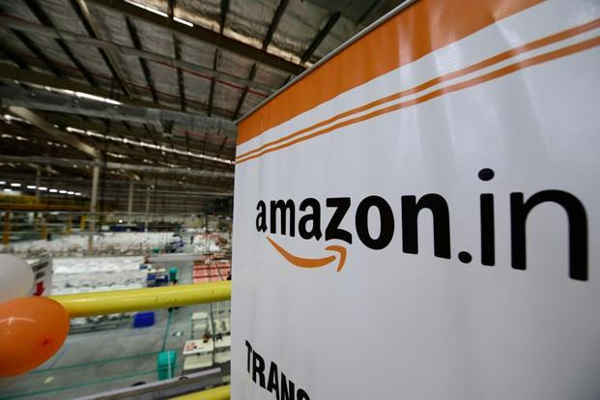Amazon India, an e-commerce firm, rolled out Amazon Pharmacy, foraying into the online medicine segment that has significant gained momentum during the COVID-19 led lockdown and even after unlocking.
The service has been initially introduced in Bengaluru and company plans to conduct pilots in other cities too going forward.
This is on the back of Government imposed lockdown and social distancing to prevent COVID-19 from spreading, customers have move to online consultation, treatment, medical tests, and medicine delivery. There is huge demand seen by healthcare start-ups Practo, NetMeds, 1mg, PharmEasy and Medlife along with increase funding activity, like ed-tech platforms, which outperformed all other sectors among start-ups.
“As a part of our commitment to fulfil the needs of customers, we are launching Amazon Pharmacy in Bengaluru allowing customers to order prescription-based medication in addition to over-the-counter medicines, basic health devices and Ayurveda medication from certified sellers. This is particularly relevant in present times as it will help customers meet their essential needs while staying safe at home,” an Amazon spokesperson said.
India’s digital health market will increase to US$ 4.5 billion in this financial year, compared with US$ 1.2 billion in FY20, as per the data by RedSeer Consulting. It is estimated that the market of the digital health will expand to US$ 25 billion in FY25, compared with its pre-COVID estimate of US$ 19 billion. The largest majority will be held by medicine delivery segment.
There has been increase in user interest and demand post COVID that is seen by bigger healthcare firms like Practo, 1mg, Medlife, PharmEasy, Netmeds as well as smaller start-ups like BeatO and mfine, as people spend on boosting their immunity, treat illnesses through online consultations and buy medicines online.
Mfine, a Bengaluru-based on-demand healthcare service, have grown 3-4 times in recent months. E-health platform Practo Technologies too registered a 600 per cent growth in online consultations since the lockdown started in March, with 70 per cent of all users being first-time telemedicine users and 45 per cent from smaller cities.
Several countries are trying to shift healthcare delivery on to the internet, incentivise telemedicine, encourage online medicine bookings and use chatbots to answer patient queries.
Source: IBEF
You may also like
-
Trade Connect E-platform For Exports Is Single Window, Fast, Accessible And Transformational: Shri Piyush Goyal
-
Dot Simplifies Approval Processes For Telecom Licenses And Wireless Equipment
-
Coal Production and Supply Trends on Positive Trajectory
-
Union Minister To Release Booklets On Promotion Of Indigenous Species & Conservation Of States Fishes
-
2nd India-Japan Finance Dialogue held in Tokyo on 6th September, 2024
